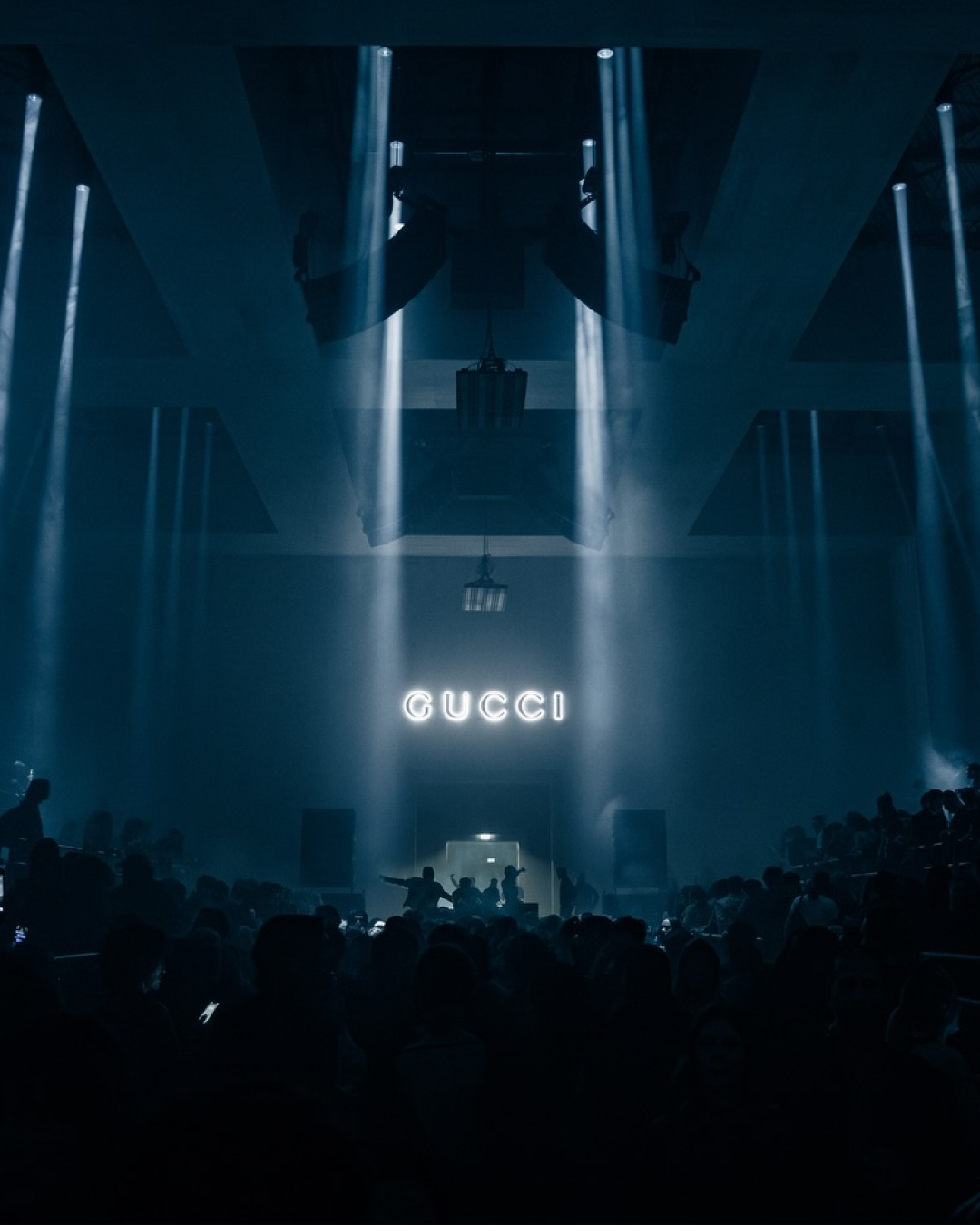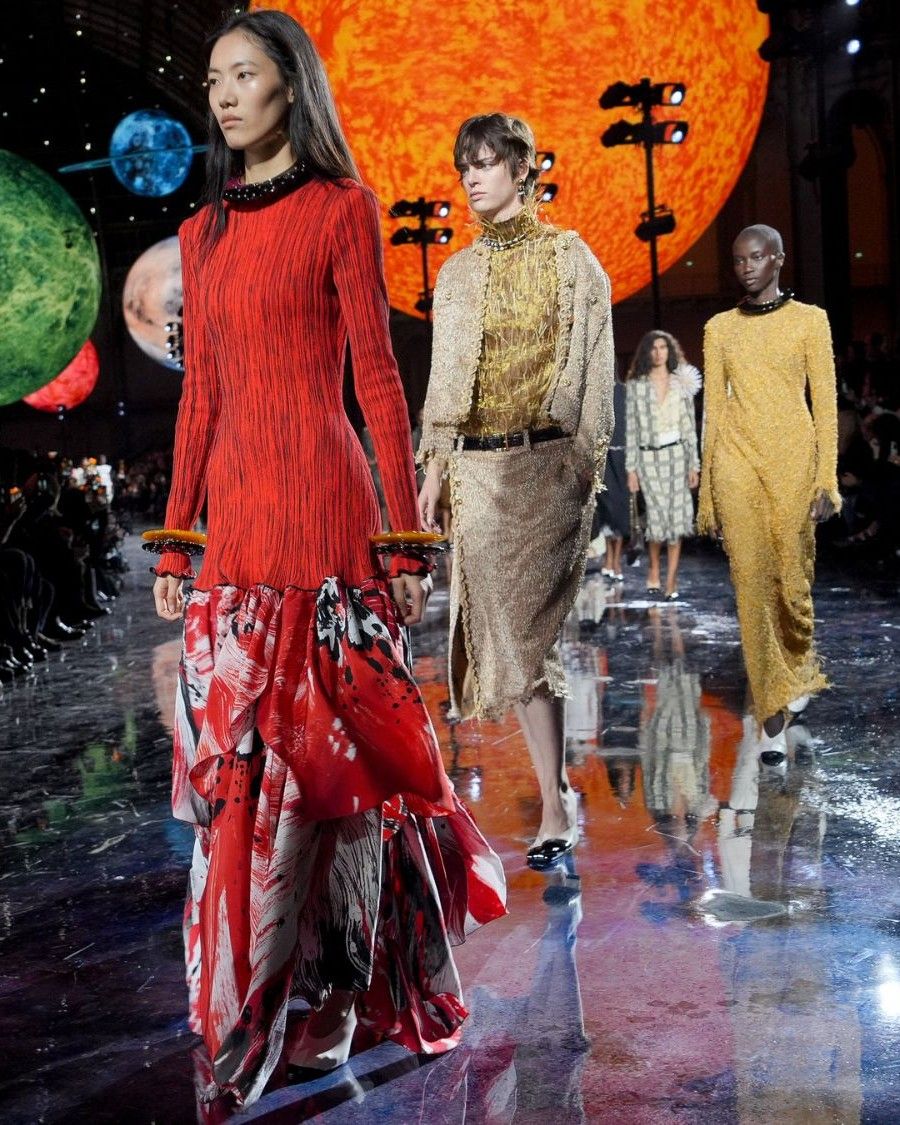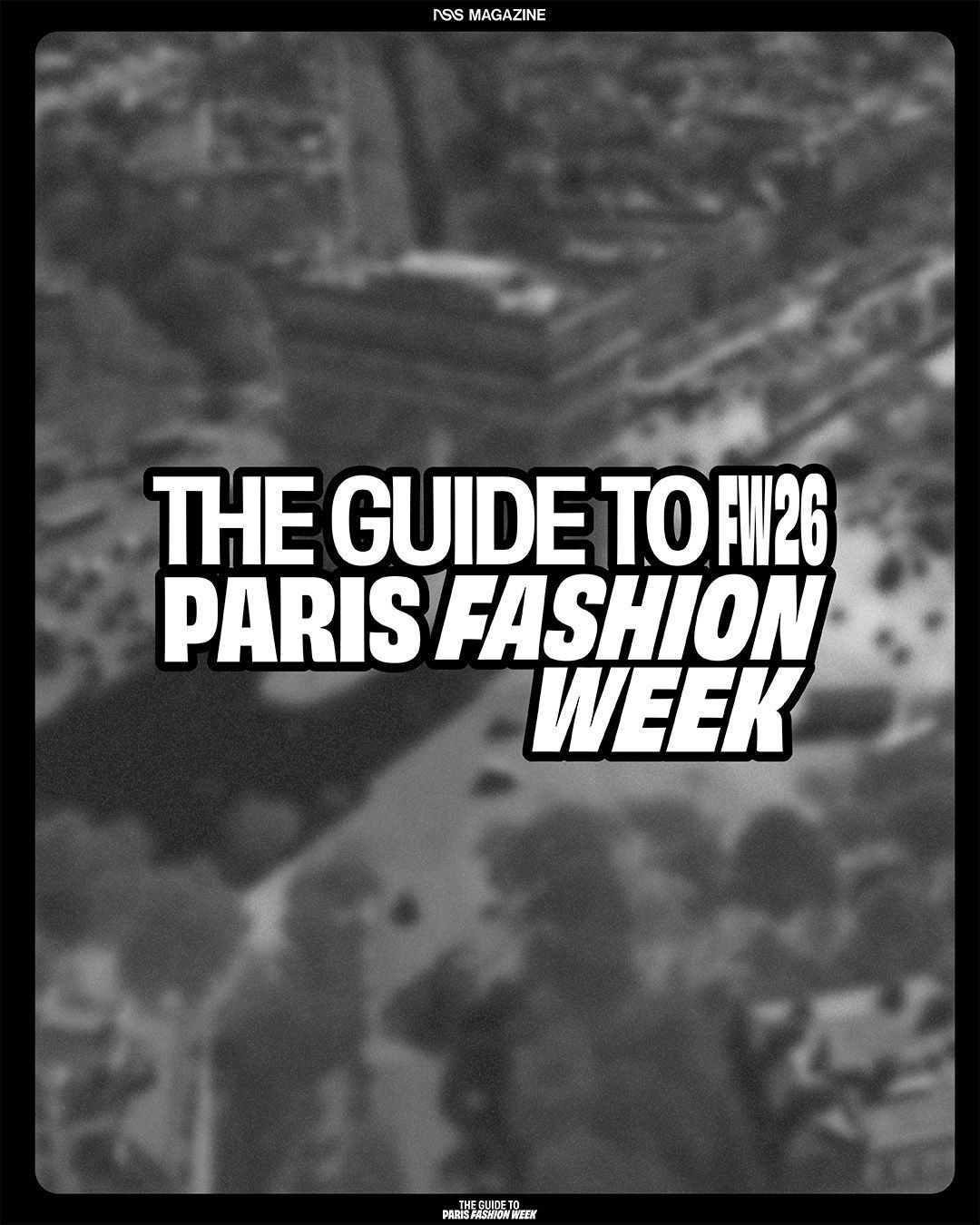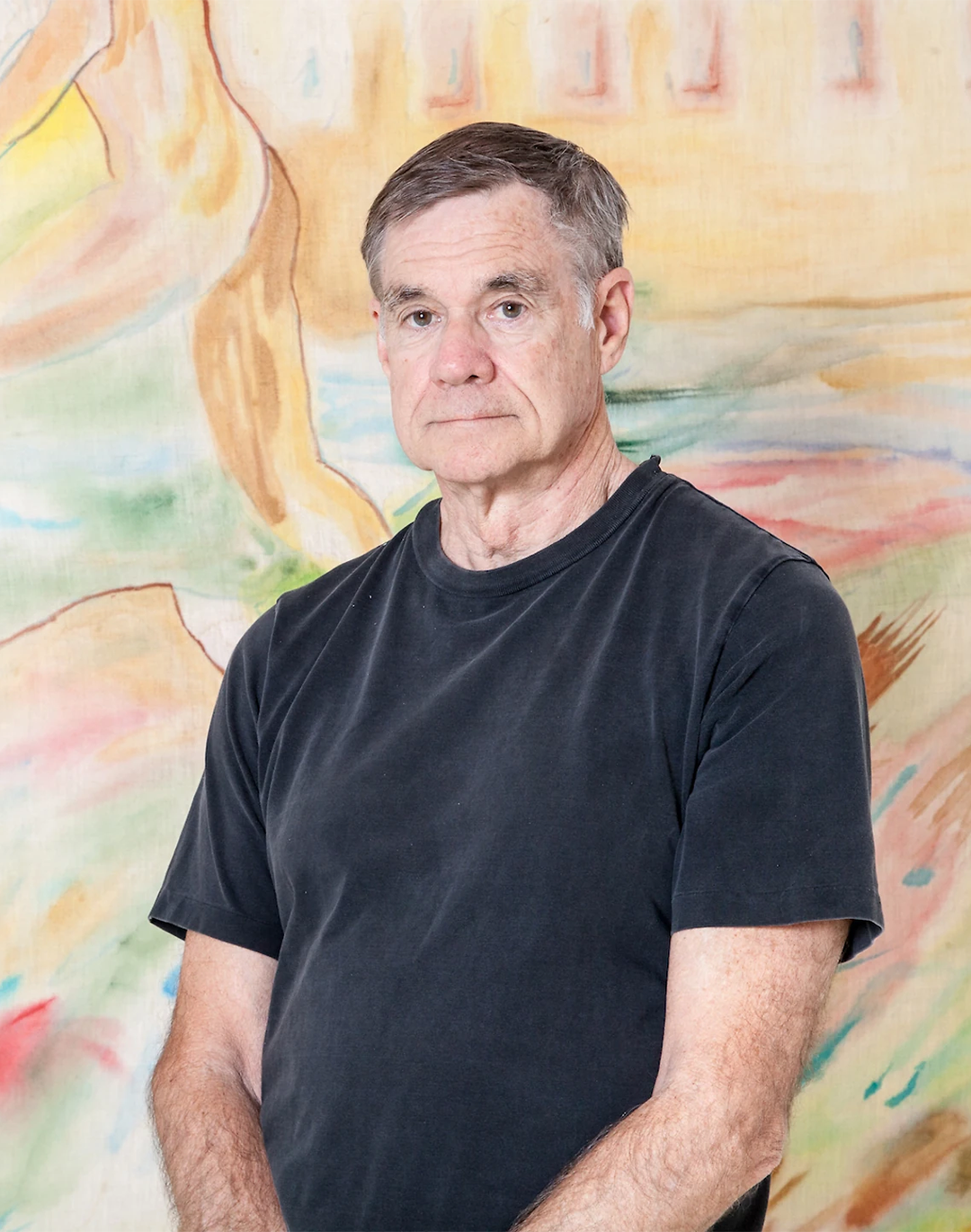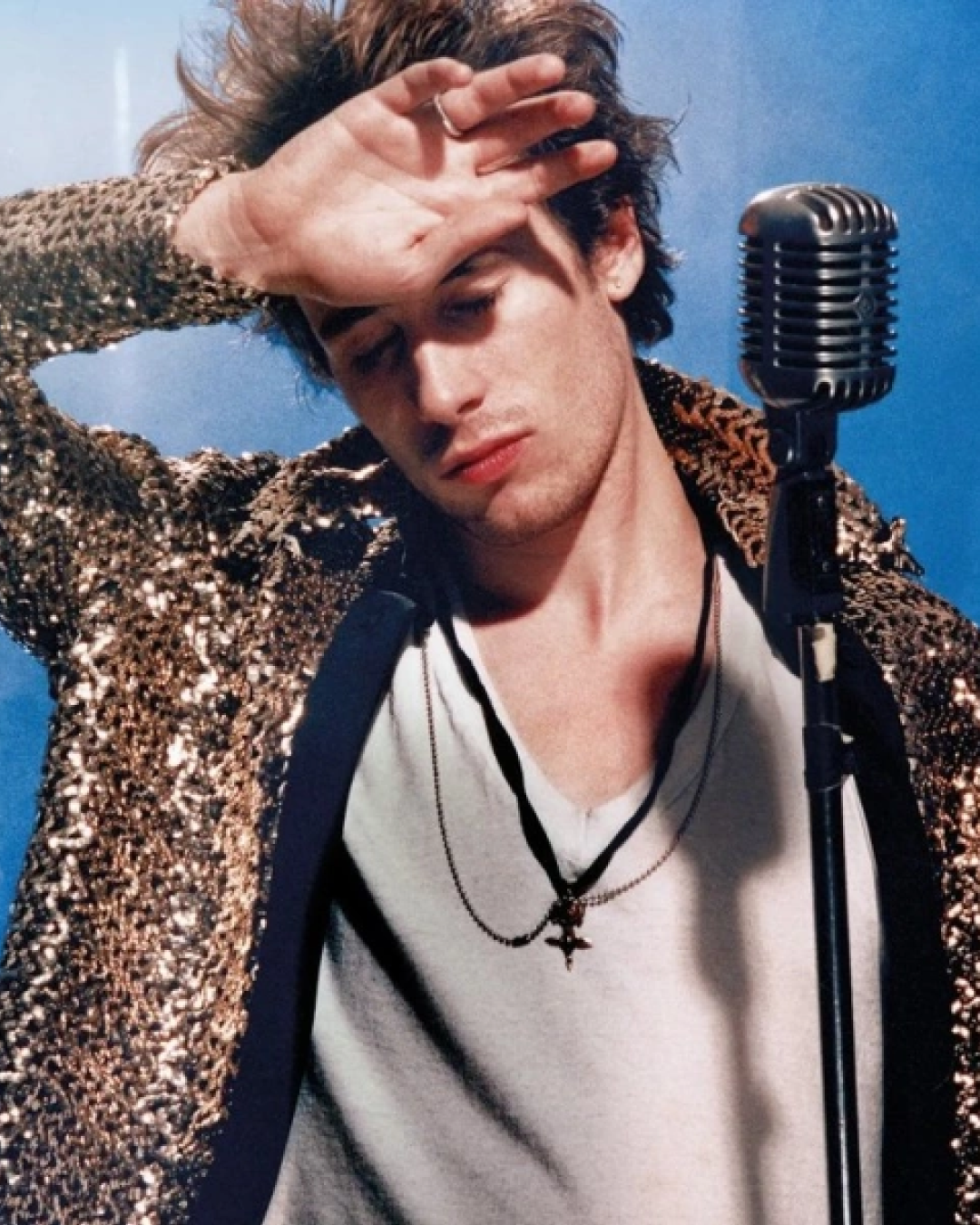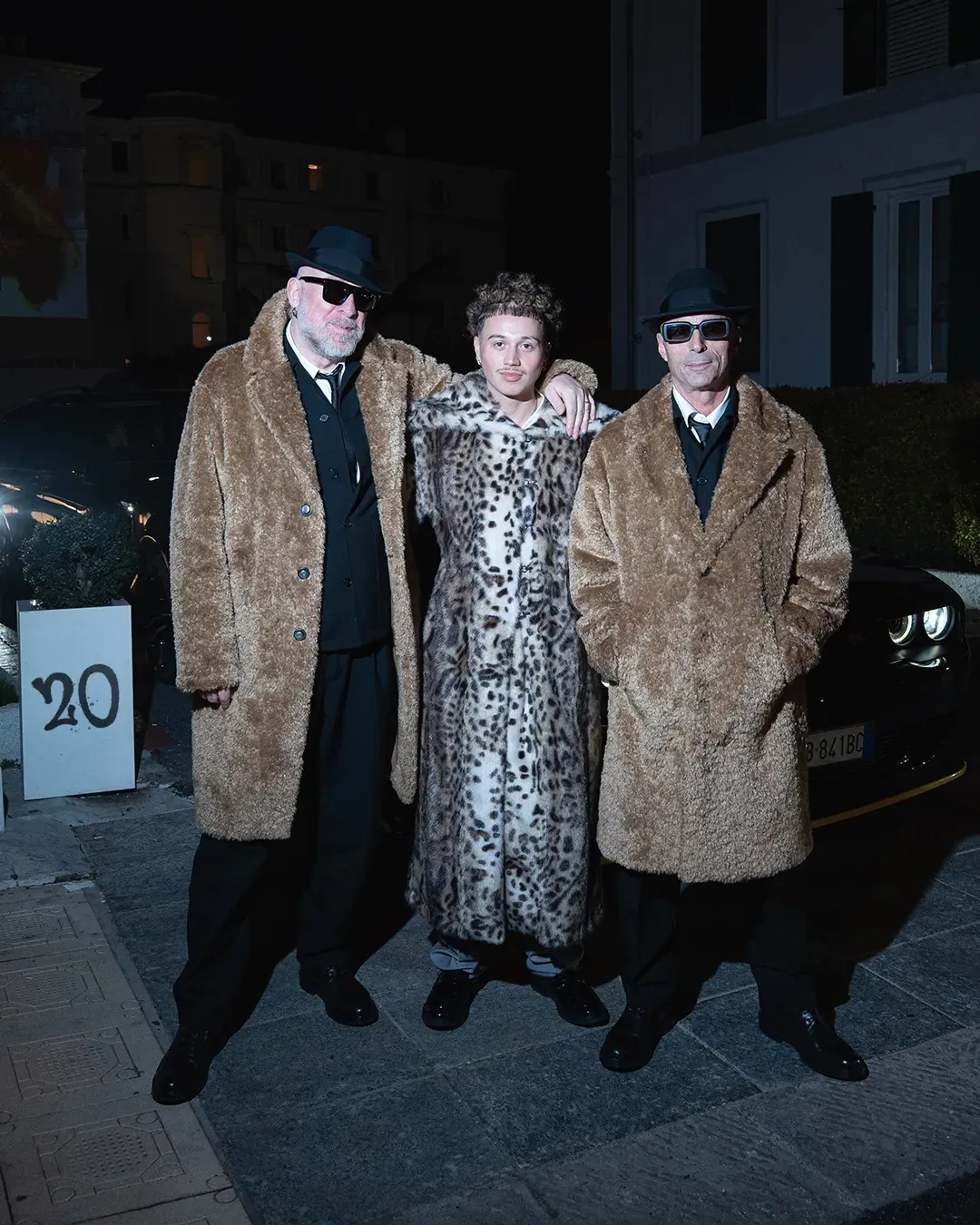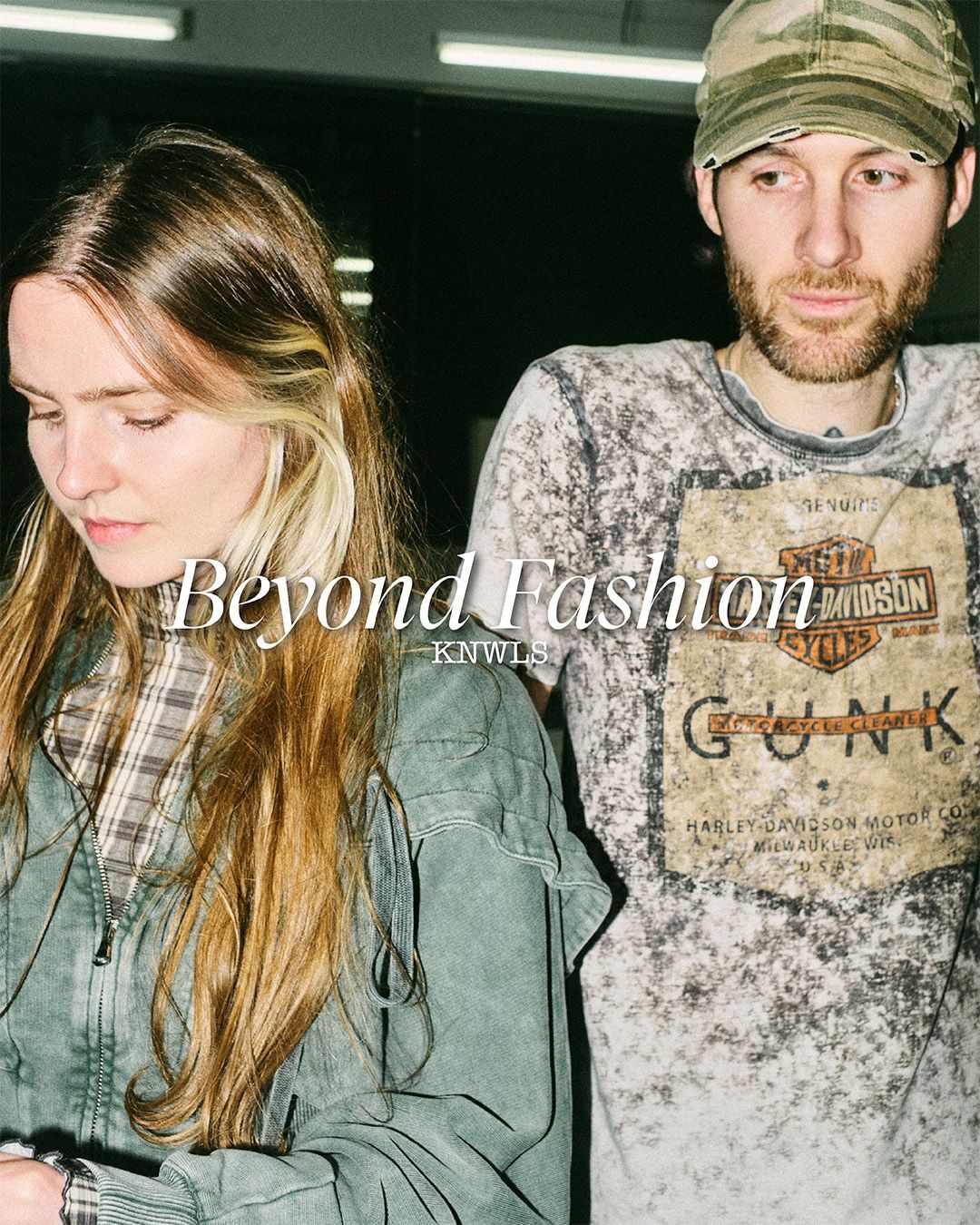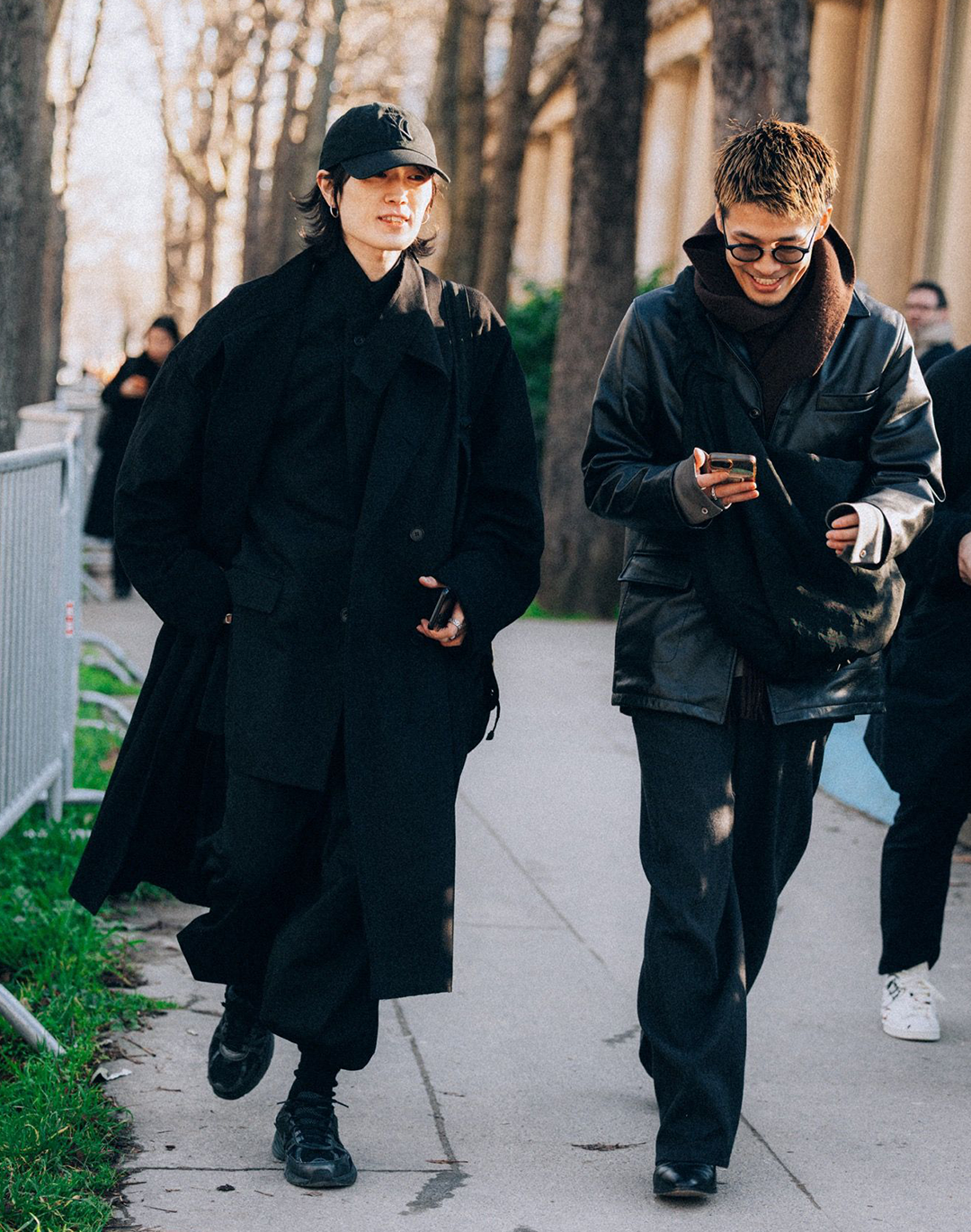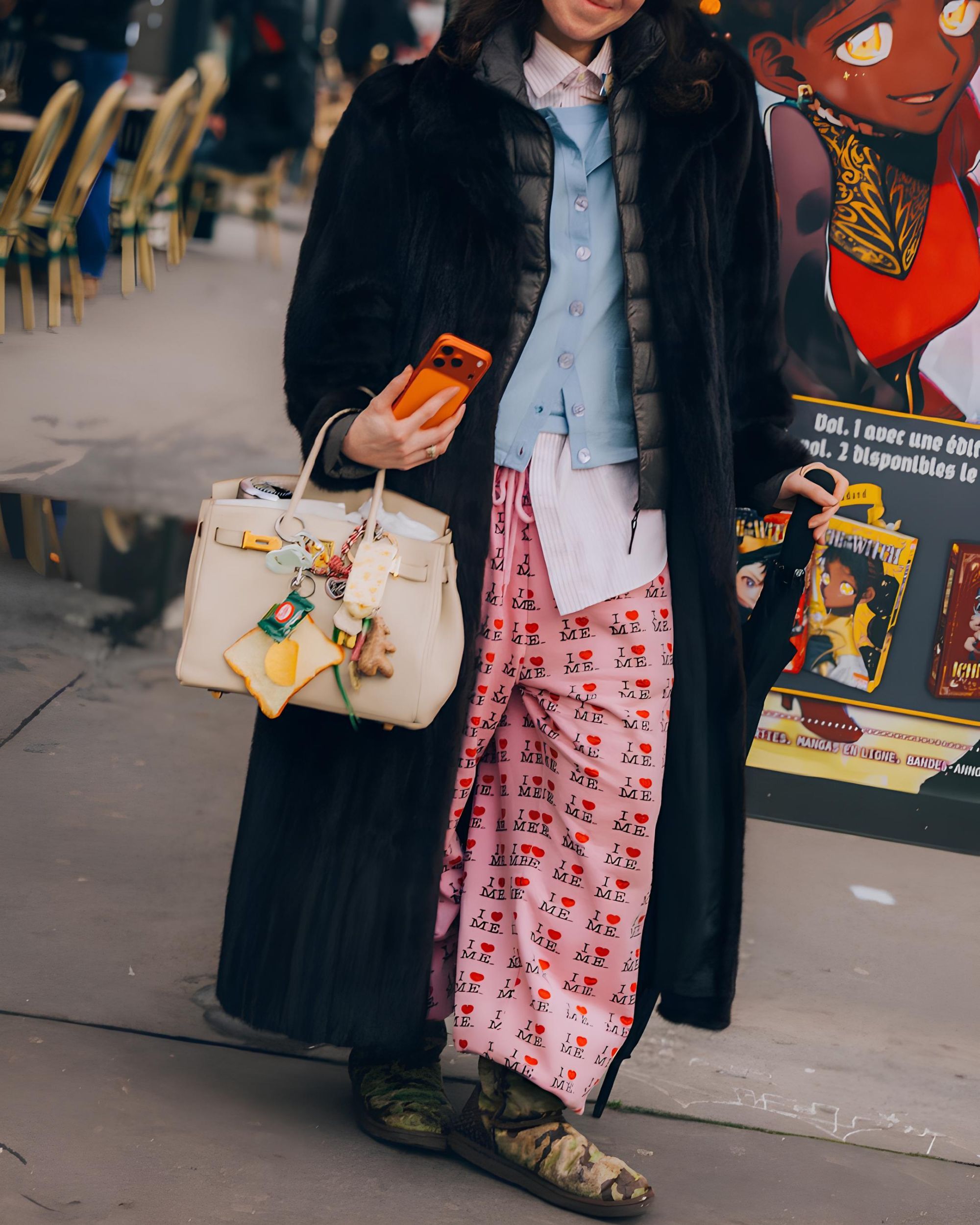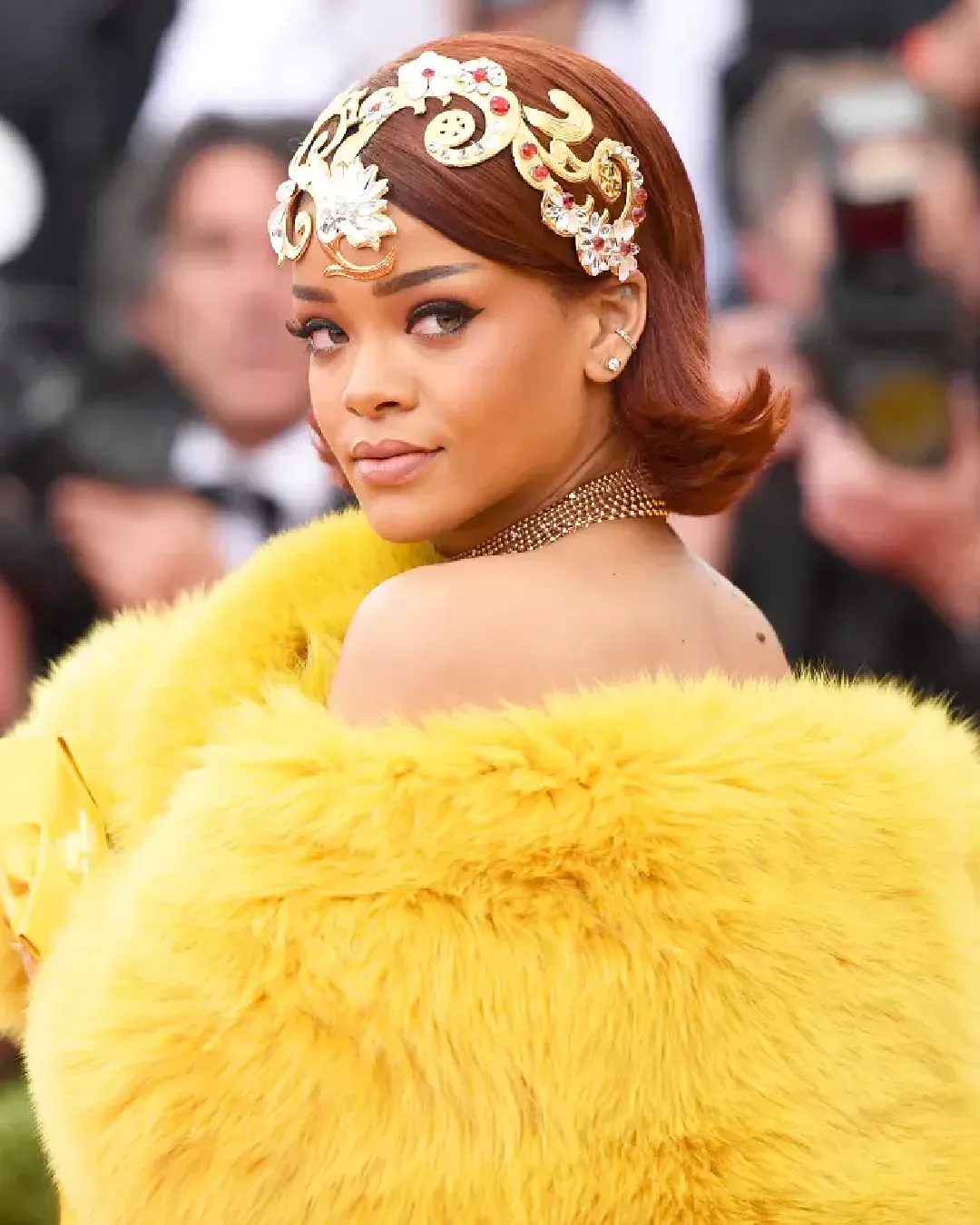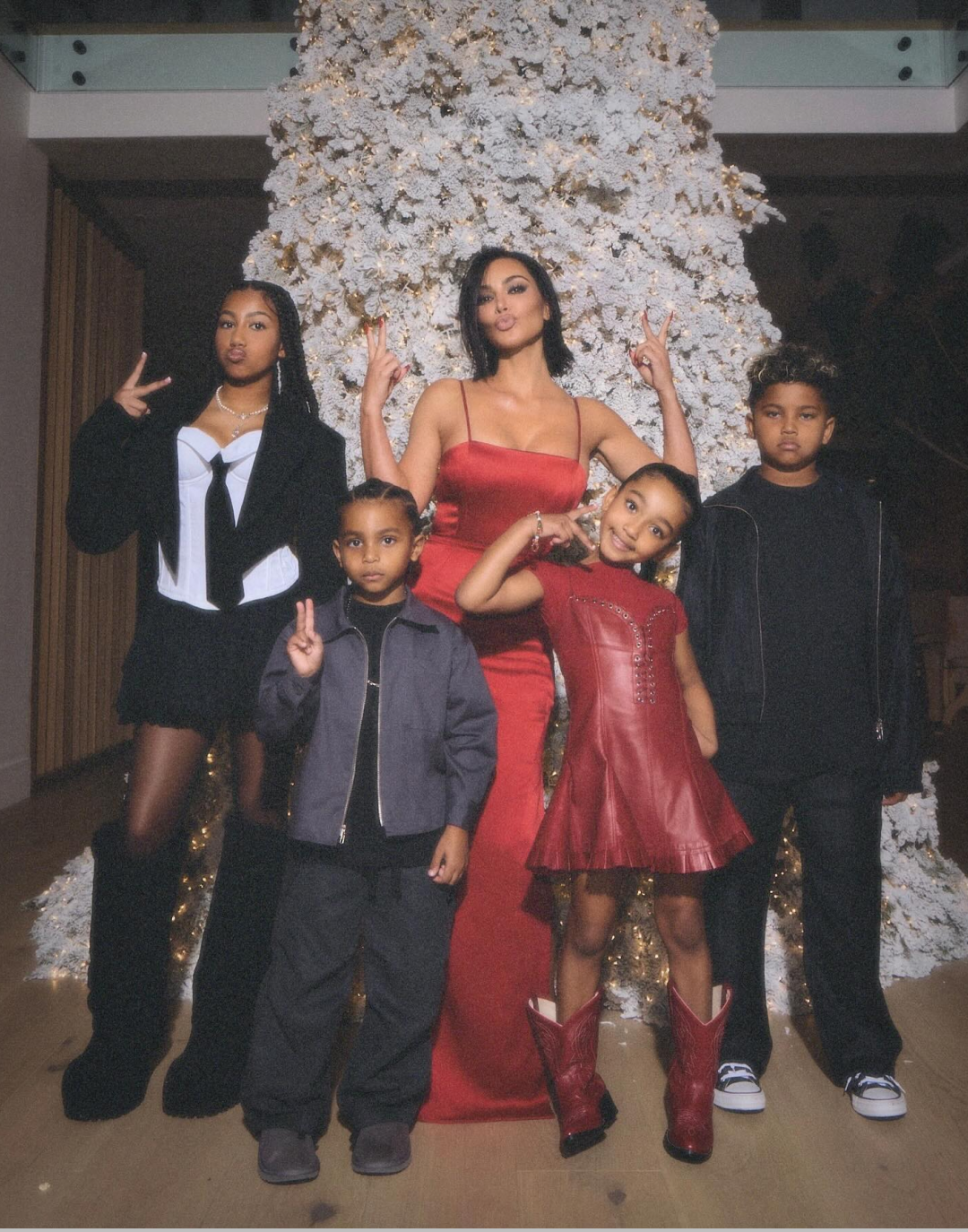
Banning Instagram in Iran means taking away the voice from thousands of women The last accessible social network has become not only a vehicle for expression, but also for emancipation.
Facebook, Twitter, Telegram and now Instagram. Iran continues its battle against social media and is preparing to overshadow the last bastion of online freedom. The announcement comes directly from the National Cyberspace Council via Javad Javadnia, Teheran's telecoms manager, who informs that he has initiated a procedure to ban Instagram, accused not only of offering illegal, but also immoral and obscene content. Many think, however, that behind the decision there is an attempt to put the gag to the many dissidents who communicate via social media. Of course you will remember the great demonstrations of protest, for some of the widest from the revolution khomeinista of 1979, which less in this period last year upset the Middle Eastern country. In the streets the anger of a people (and many young people) poured down, crushed by the economic crisis, by the increase in prices and unemployment, as well as by the spread of corruption. A situation exacerbated by the continuous showing off wealth of the ruling class, well exemplified by popular accounts such as Rich kids of Teheran. The state reacted strongly, with hundreds of people arrested, other death and restrictions on access to the Internet, followed almost immediately by the blockage of Whatsapp, Telegram and Instagram, the devices through which the demonstrators were able to communicate with each other and with the rest of the world (from that moment try to get around the obstacle with a Vpn, a program that tricks the IP address of the computer and makes it appear as if it were abroad).
As the months went by, the situation seemed to return to semi-normalcy and, although no one really knows how to explain why, Instagram was back accessible, the last surviving social network. The news of the last days, however, bring to mind the recent past and signal, once again, the attempt to isolate a whole slice of Iranians. That's right, because if in the Western world most people use the app launched in 2010 to spy on the Kardashian-Jenner clan and publish their selfies, in Iran this has instead become for many women and other marginalized groups like ethnic minorities and the LGBT community as a refuge to be free to express themselves, but also a concrete means of support and emancipation. This is evidenced by an interesting video made by Channel 4 News.
And it also confirms it, as reported by the BuzzFeed News website, Samaneh Savadi, an Iranian feminist activist who lives in the United Kingdom:
"Basically Instagram is the only platform which is not blocked in Iran, and during the last 10 years it has become the only place that people can freely share information and advertise their business. Blocking Instagram is going to affect so many people in different ways. I am mostly worried about the young generation who deserves to have access to true news and information. There is a big number of activists running campaigns on Instagram. It’s not just about photos.”
To reiterate the concept is also Aida Pooryanasab, a doctor and businesswoman doctor based in Tehran who works with many small businesses run by women and has a popular Instagram account:
"We work with single mothers and women of lower classes, housewives,” she said. “These women are not only earning money — they also feel like they are existing [in public]. After they become mothers or get married, they are supposed to stay home and be taking care of the household every day as their main duty,” she said. “Instagram-based businesses let these women feel good about their economic independence.”
It is useful to remember that in the country led by Hassan Rouhani the female population must abide by strict restrictive rules and those who break them risk very hard sentences. Only last summer the eighteen-year-old Maedeh Hojabri was arrested and forced to confess her "guilt" in a national television program for published on IG (the account is now suspended) a video in which she danced in her own room, on the notes of western songs, without hijab, the veil covering the head and that in Iran they must always wear all the women in public places. A similar thing had happened some years to some models, ree of "anti-Islamic acts" for having posted their photos without the veil. The situation is not better for homosexual relationships that are criminalized in Iran or for LGBT activists, forced to hide or use pseudonyms in order not to risk reactions from the state.
If the Iranians are carefully controlled or removed from social networks, so it is not for those who govern them. President Rouhani, for example, is an important presence on IG with over 2 million followers, but also on Twitter, although this platform has long been blocked due to the danger of instigating immoral behavior. The same applies to all of the country's male leadership, including many government officials and supreme head Ayatollah Ali Khamenei.
It is therefore obvious that in such a context that which for many of us is only a means of recreation or to be advertised in Iran assumes a completely different value. Here Instagram is important for women who want to start businesses and cannot work outside the home due to cultural or family obligations; it is essential to give them (and to all others) dignity, the right to speak and be heard. To ban Instagram from Iran is yet another attempt to remove their voices. And this is not that it should not be tolerated.




